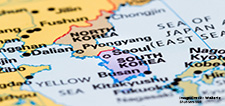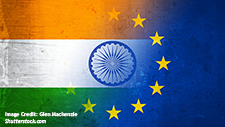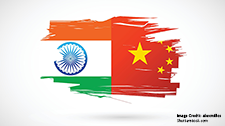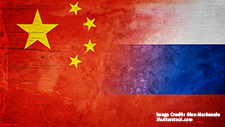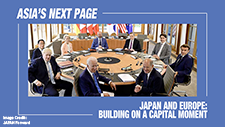Publications
The Institute for Security and Development Policy regularly issues a variety of publications ranging from shorter Policy Briefs to more comprehensive studies in its Asia and Silk Road Papers series. Explore the different series below. If you’d like to contribute to our publications, please contact Jagannath Panda, Editor, at jpanda@isdp.eu, and read our submission guidelines.
-
South Korea’s Indo-Pacific Strategy: Quest for Clarity and Global Leadership
Less than a year after the Joe Biden administration released the latest US Indo-Pacific strategy, the Republic of Korea (ROK) unveiled its own “Strategy for a Free, Peaceful and Prosperous […]
-
The prospects of critical and emerging technology cooperation between India and the EU
US-China strategic competition is the predominant challenge of this era and although it has fueled unprecedented tensions, it has also compelled the other regional and global major and middle powers […]
-
The Tawang Effect: Forecasting China-India Relations in 2023
Foreseeing a trend in China-India ties is a predictable affair at present: bilateral antagonism is taking a lead over any pretense of engagement and stability. The passing years increasingly suggest […]
-
Will Yoon’s Indo-Pacific Strategy Tackle the China Threat?
In late-December 2022, South Korea under the relatively new presidency of Yoon Suk-yeol effectively concluded its policy shift from “strategic ambiguity” by releasing the “Strategy for a Free, Peaceful, and […]
-
North Korea Likely to Lift Pandemic Border Restrictions in 2023
Abstract In his speech at the Workers’ Party at the end of December 2022, the North Korean leader Kim Jong Un stressed that 2023 is the third year of key […]
-
Kishida’s New Era Realism in National Security and India Diplomacy
The Ukraine war and double threat from China and North Korea in Japan’s backyard have pushed Tokyo to update national security plans and step up India ties. On December 16, […]
-
Maritime Road to 2030: EU’s Indo-Pacific Footprint and India
Summary: Europe’s role and presence in the Indo-Pacific has become a matter of great strategic importance in the current global politics. China’s disruptive role in the region, especially with its […]
-
The China-Russia ‘Alliance’: Double the Danger or Limited Partnership?
Introduction: According to the recently released 2022 U.S. National Security Strategy, China and Russia “are increasingly aligned with each other but the challenges they pose are, in important ways, distinct.” These […]
-
Finland-Taiwan Relations: An Overview and Changes after COVID-19 Pandemic
Abstract: Despite the lack of formal diplomatic relations between Finland and Taiwan, the two sides have maintained a practical relationship through trade, tourism, and educational and cultural exchanges. The COVID-19 […]
-
Japan and Europe: Building On a Capital Moment
Introduction: For decades, Japan and Europe defined their “natural” partnership based on universal values of freedom, democracy, and the rule of law in deference to ties with other partners. The differences in […]
